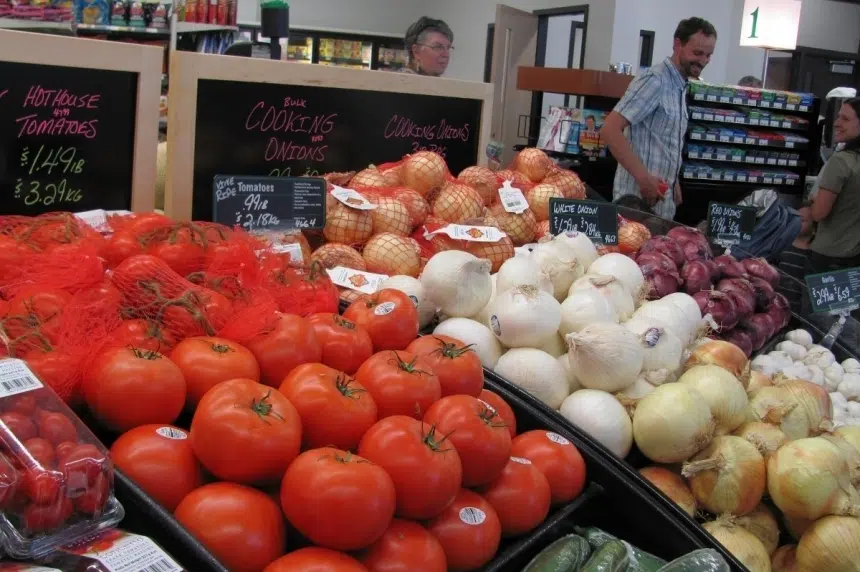A Canadian food expert says Saskatchewan has the commodities the world needs.
While in Saskatoon for the Saskatchewan Association of Rural Municipalities annual convention, Sylvain Charlebois — professor in food distribution and policy at Dalhousie University’s Agri-Food Analytics Lab — spoke with Gormley on Tuesday morning.
Charlebois said people are starting to become more knowledgeable about food processes, and a greater awareness of the moving parts affecting what people eat is being realized.
However, Charlebois said he thinks the significant role Saskatchewan plays globally when it comes to food security is not being very well-recognized in Central Canada.
“There’s a lot of noise in Central Canada that really doesn’t allow many city dwellers to fully appreciate what’s at stake here — global food security,” he said.
If Saskatchewan were to be invaded or disrupted, Charlebois hypothesized, a large number of markets would be disrupted.
Part of that is owing to Saskatchewan’s economic diversity. With the province choosing to invest in numerous opportunities — from livestock and crops to uranium and potash — rather than going all-in on one single resource, Charlebois said Saskatchewan has an expanded reach and greater offerings.
Charlebois also noted a shift in tone in Saskatchewan politics around resources over the past decade or more. He said seeing companies like BHP discussing potential partnerships with other companies like Nutrien suggests future moves are “inevitable.
“I think they’re just waiting for the right environment and context,” Charlebois said. “Saskatchewan has a lot of things the world needs.”
However, with food inflation still in the double digits — around 11.5 per cent, though general inflation is slowing — Charlebois told Gormley a key focus is going to be strengthening Canada’s competitiveness.
With operational margins in Canada significantly higher and stable, Charlebois said grocers have had it easy in recent months.
However, he noted significant factors like interprovincial barriers and heavy fiscal issues in the form of taxes and restrictive labour laws between provinces need to be addressed.
And the difficult market has been evidenced by seeing companies like Target, Sears, Lowes and Nordstrom leave the country.







